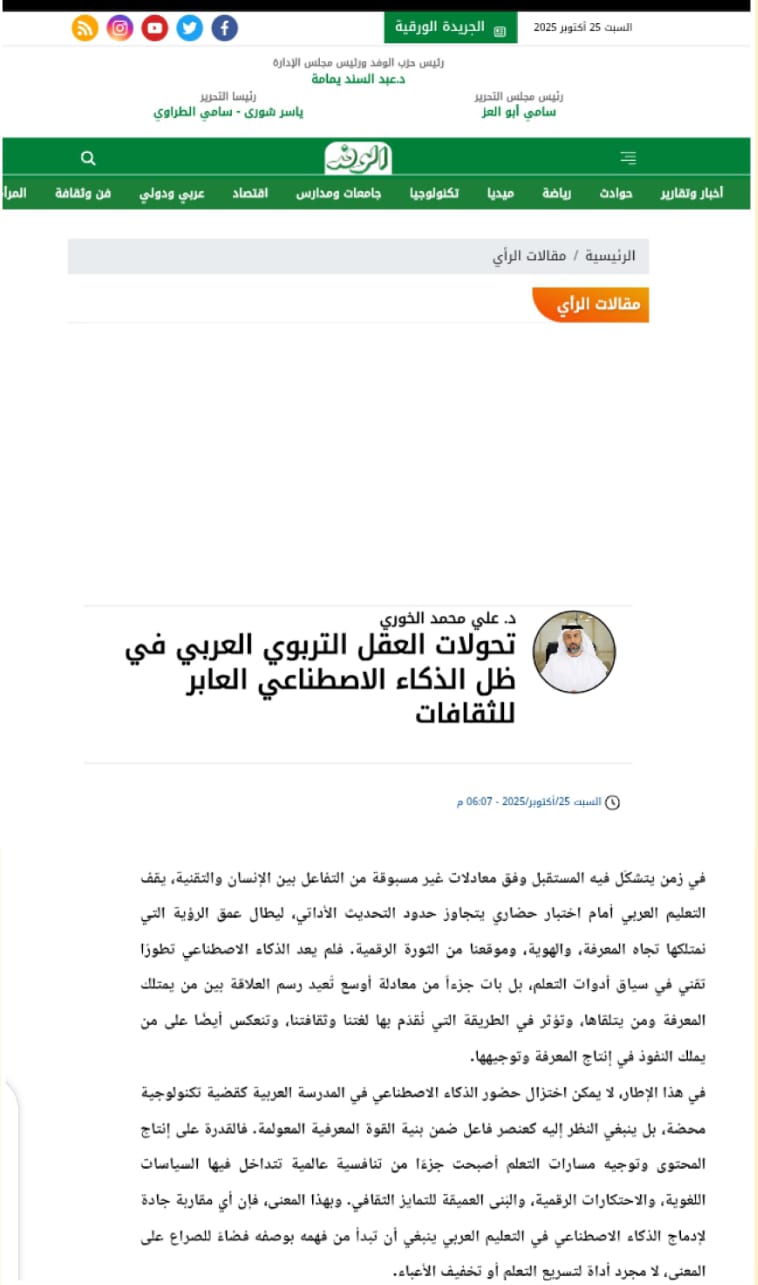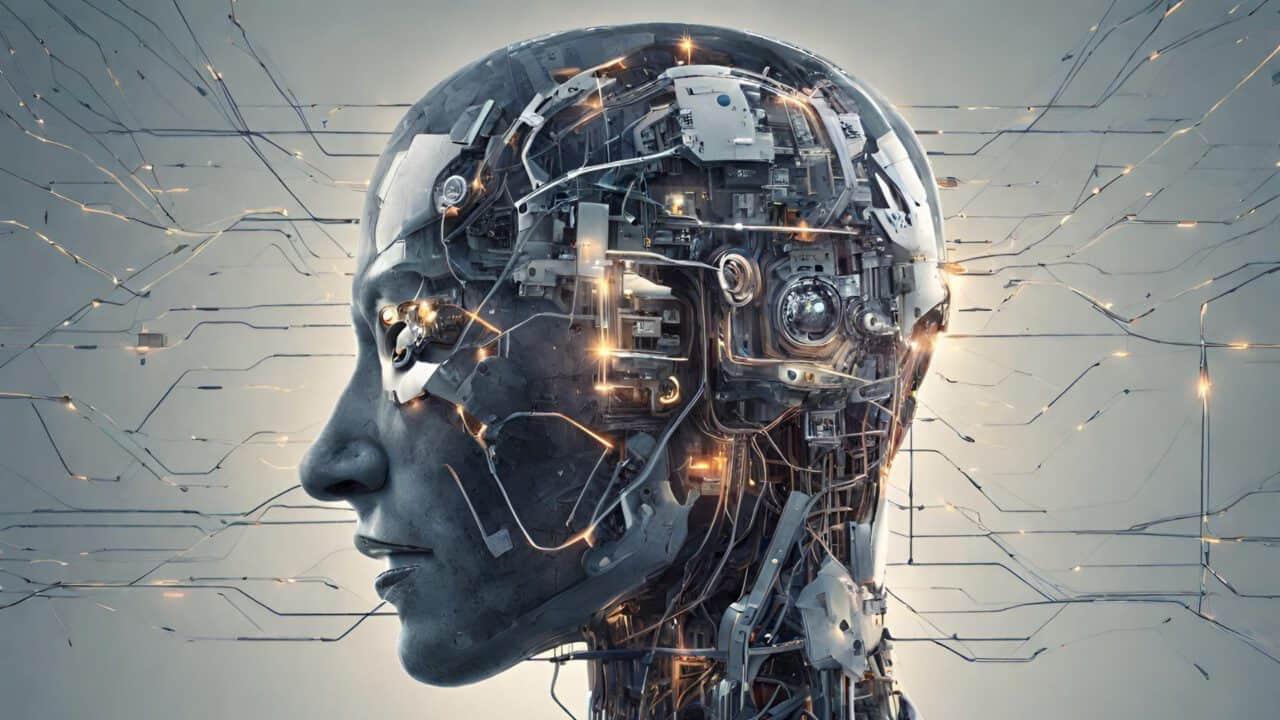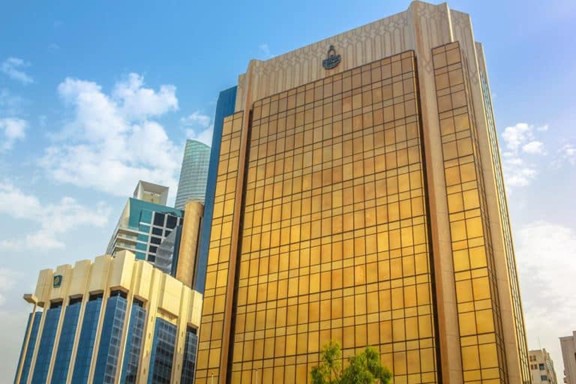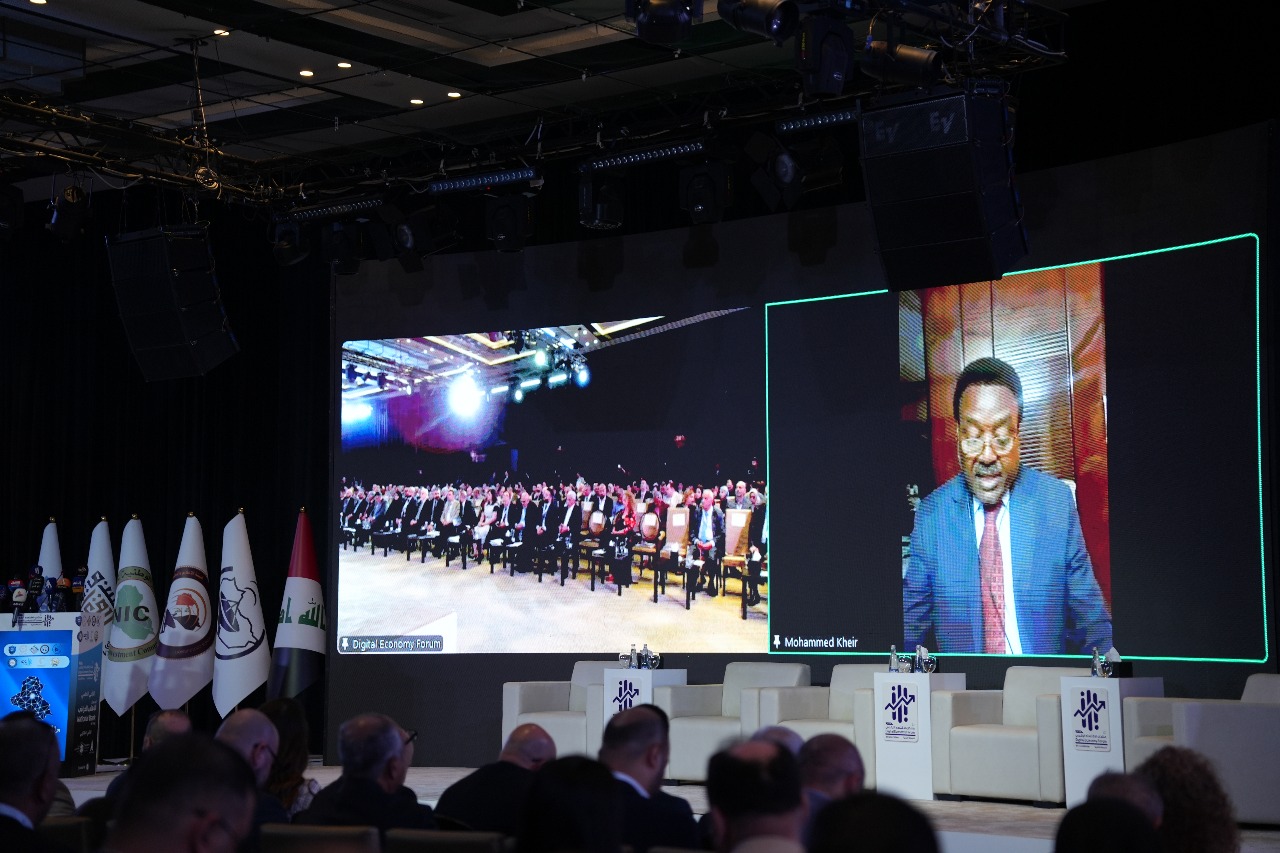Source: Al-Wafd Newspaper
Prof. Dr. Ali Muhammad Al-Khouri
In an era where the future is being shaped by unprecedented equations of interaction between humanity and technology, Arab education faces a civilizational test that transcends mere technological modernization. It touches the very core of our vision regarding knowledge, identity, and our place within the digital revolution. Artificial intelligence is no longer simply a technological advancement within the context of learning tools; it has become part of a broader equation that is reshaping the relationship between those who possess knowledge and those who receive it. It impacts how we present our language and culture, and it also affects who wields influence in the production and direction of knowledge.
In this context, the presence of artificial intelligence in Arab schools cannot be reduced to a purely technological issue. Rather, it should be viewed as an active element within the structure of globalized knowledge power. The ability to produce content and guide learning paths has become part of a global competitiveness intertwined with language policies, digital monopolies, and deep-seated structures of cultural differentiation. In this sense, any serious approach to integrating artificial intelligence into Arab education must begin by understanding it as a space for the struggle over meaning, not merely as a tool for accelerating learning or reducing burdens.
In the Arab context, a clear paradox exists: while opportunities are opening up for the integration of artificial intelligence into classrooms, Arabic digital content remains weak in both quantity and quality. This weakness is not merely a lack of data, but rather a reflection of declining investment in the knowledge economy and the marginalization of the Arabic language within global technological frameworks. The absence of deep linguistic models that can encompass the complex structure of Arabic and emulate its semantic richness constitutes a strategic vulnerability that threatens the region’s intellectual sovereignty in a world where knowledge is managed by algorithms.
Here, the role of the state emerges as a knowledge agent, not merely a regulator of technology. Without national policies that restore the status of language and invest in research and development to build knowledge infrastructures capable of absorbing and guiding artificial intelligence, Arab education will remain a passive recipient in a knowledge equation that its institutions do not produce, but rather import from abroad. The policies referred to here are not symbolic support or the launching of temporary initiatives, but rather the construction of knowledge systems that engage with artificial intelligence from a position of active participation, not passive reception.
It is also essential to question the traditional educational models that still dominate Arab schools and universities. Teachers who evaluate students according to rigid, rote-learning methods will find themselves powerless in the face of interactive educational systems that reshape the very meaning of understanding. This requires reframing the function of education; from a process of knowledge transfer to a project of producing awareness, and from a bureaucratic evaluation system to an open knowledge space that allows for a redefinition of success, participation, and creativity.
In this context, the potential of artificial intelligence is evident not only in supporting educational processes but also in reshaping the relationship with cultural and linguistic heritage. Techniques such as automated analysis of ancient texts, optical character recognition (OCR), and deep linguistic modeling open new horizons for reinterpreting Arab memory and deconstructing the centrality of the Western epistemological paradigm, using tools originating from within the Arabic language itself, not from outside it.
But this vision remains contingent on deeper factors related to our ability to build a new knowledge-based social contract that redefines the relationship between education and citizenship, and between technology and identity. Artificial intelligence holds limitless potential, but it also reproduces inequalities if left to the control of large platforms without local cultural and legislative safeguards. Therefore, the true integration of technology is not achieved through importation, but rather by controlling the conditions of its production and directing its use to serve a comprehensive civilizational project.
It is no exaggeration to say that the stakes of education in the Arab world are now directly linked to our ability to acquire knowledge as a tool of sovereignty. Markets today are not only managed by capital, but also by those who possess the ability to build algorithms that control human behavior, shape tastes, and produce standards. A school that fails to train its students in critical thinking, understanding algorithmic structure, and engaging with technology as a civilizational responsibility perpetuates intellectual dependency.
In light of this, thinking about Arab education in the age of artificial intelligence must be a project for renaissance, not merely a technical reform program. It is not enough to simply include artificial intelligence in the curriculum; rather, we must use it to re-examine the fundamental question: What kind of knowledge do we want to produce? What is the purpose of our teaching? And how do we preserve the status of the Arabic language without reducing it to a mere medium for translating foreign concepts?
If this question doesn’t become a guiding principle for educational institutions, we will find ourselves in a landscape dominated by intelligent systems alien to us, curricula managed from outside our culture, and graduates incapable of understanding the complexities of their world. However, if we succeed in transforming artificial intelligence into a field of knowledge through which we can reclaim our historical position, the Arab school can once again become a space for intellectual development, not merely for imparting skills.
What we need is not more tools, but an intellectual imagination that rebuilds bridges between man and thought, between language and its dignity, and between education and its role in shaping responsible and participatory awareness in building the future of the state.












